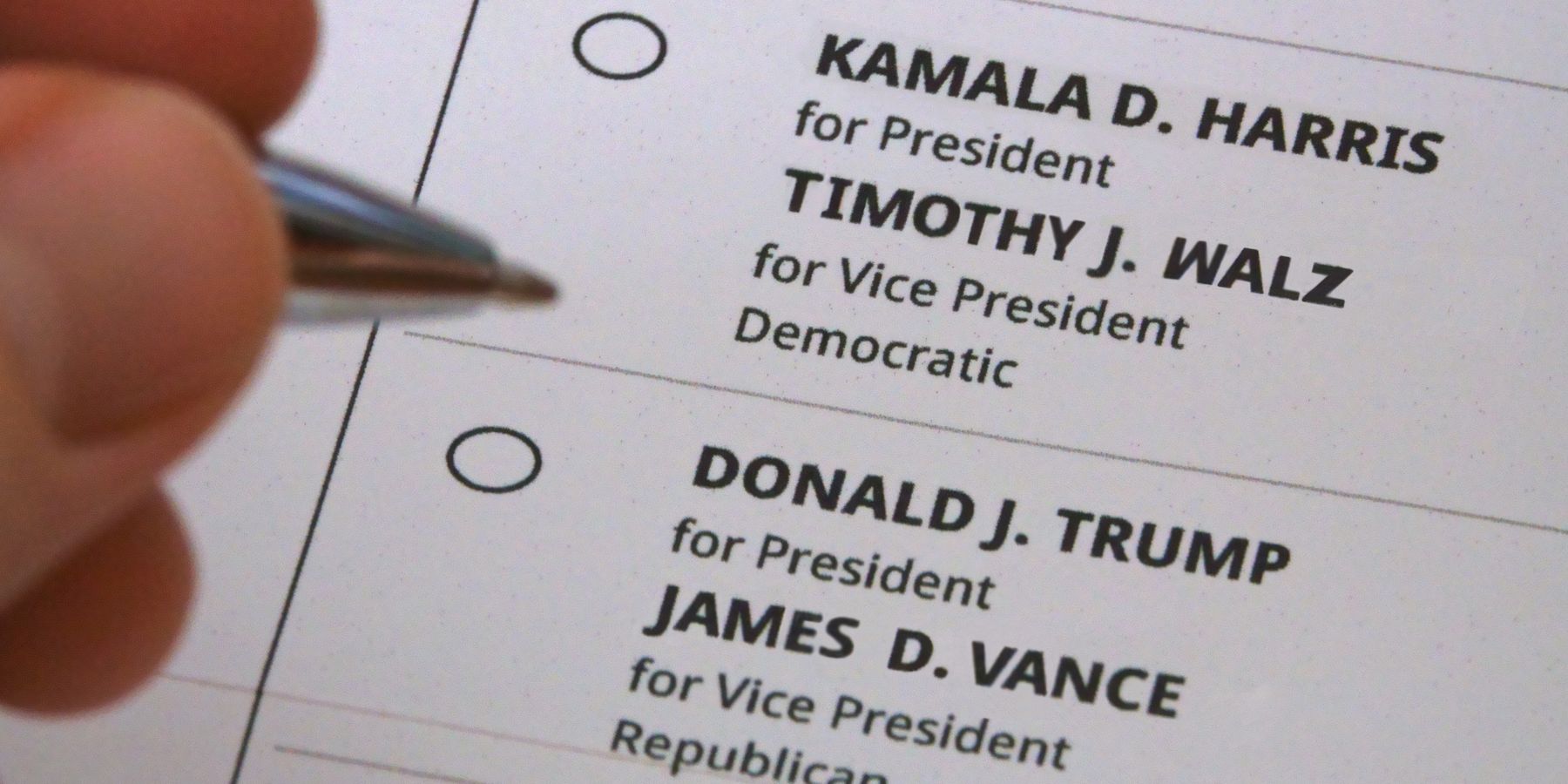A new poll finds that 66% of Americans want a NATO-U.S. push for a negotiated settlement in the Ukraine War and less than 24% believe that weapons and aid should be given to Israel unconditionally in its war on Gaza.
But interestingly, not Ukraine, Gaza, or even China, are the biggest foreign policy issues on the minds of Americans this election season, at least according to a new survey by the Institute of Global Affairs (IGA). In fact, ahead of those hot button conflicts and global pressure points, immigration (39%), climate change (34%), and terrorism (32%) are ranked among respondents’ top three concerns. Israel’s war in Gaza (18%), the rise of China (16%), and the Ukraine war (13%) were far down in the list.
But that doesn’t mean Americans don’t have strong opinions — many along partisan lines — about the U.S. role in the world, its military footprint, and who they trust to do a better job as the next president.
IGA and YouGov polled a national sample of 1,835 voting-age Americans between August 15 and 22 with over-samples in swing states in the Rust Belt (Pennsylvania, Michigan and Wisconsin) and the Sun Belt (Georgia, Arizona and Nevada) regions. Questions covered an array of foreign policy topics from ongoing wars and conflicts to more general issues of militarism, immigration and soft power.
The poll found that a slight majority of voters on a national level (53%) trust Harris more to represent America’s interest on the global stage. However, voters in swing states trust Trump more not only in this category (53%), but also in his ability to reform immigration (56%), end the Ukraine and Gaza Wars (58%), and respond effectively to a potential Chinese attack on Taiwan (58%).
Also according to other results, 58% of Harris supporters stated that the U.S. should maintain or increase its number of overseas troops, while 58% of Trump supporters think that number should decrease. Some 75% of Americans agreed that the president should be required to obtain congressional approval before ordering any military action overseas, a check required by the Constitution but increasingly ignored in the post-9/11 era.
Another point of agreement among most Americans across party lines centers on the U.S. and NATO pushing for a negotiated settlement as a means to end the war in Ukraine. 70% of Republicans, 71% of Independents and 60% of Democrats marked support for this approach.
Stark ideological divides made themselves clear, however, regarding the situation in the Middle East. A strong majority of Democrats said the U.S. should either stop supporting Israel’s war efforts entirely or make that support conditional on a ceasefire (67%) — compared to just 41% of Republicans. While only 23% support unconditional aid to Israel, this too split along partisan lines, with only 8% of Democrats and 42% of Republicans agreeing with the idea.
Age also came in as a factor, with twice as many voters under 30 as those above 65 (23% vs. 11%) thinking the U.S. must stop supporting Israel’s war in Gaza altogether.
Opinions on President Joe Biden’s foreign policy record as he exits office are mixed. Americans cited NATO expansion and the release of American prisoners from Russia as key successes, with addressing climate change being the top choice among Democrats specifically. Republicans and Democrats saw immigration as Biden’s top foreign policy failure, and Democrats pointed most often to his administration’s handling of the war in Gaza as a key failure. Republicans widely see Biden’s withdrawal from Afghanistan and bringing the troops home as his biggest failure next to immigration.
On China, a majority of those polled (58%) say the U.S. should prepare for a Cold War, including 52% of Democrats and 68% of Republicans. As far as Taiwan goes, 40% say the U.S. should defend the island if militarily attacked by China, though 39 percent say they have “no opinion.”
- New poll: Nearly 70% of Americans want talks to end war in Ukraine ›
- Poll: Most Americans don't want to send troops to defend Israel ›
- Fewer Americans willing to fight and die for other countries ›
- Mike Walz: Drop Ukraine draft again to 18 | Responsible Statecraft ›
- Israel to receive $1 billion in bombs and bulldozers from Trump | Responsible Statecraft ›
















